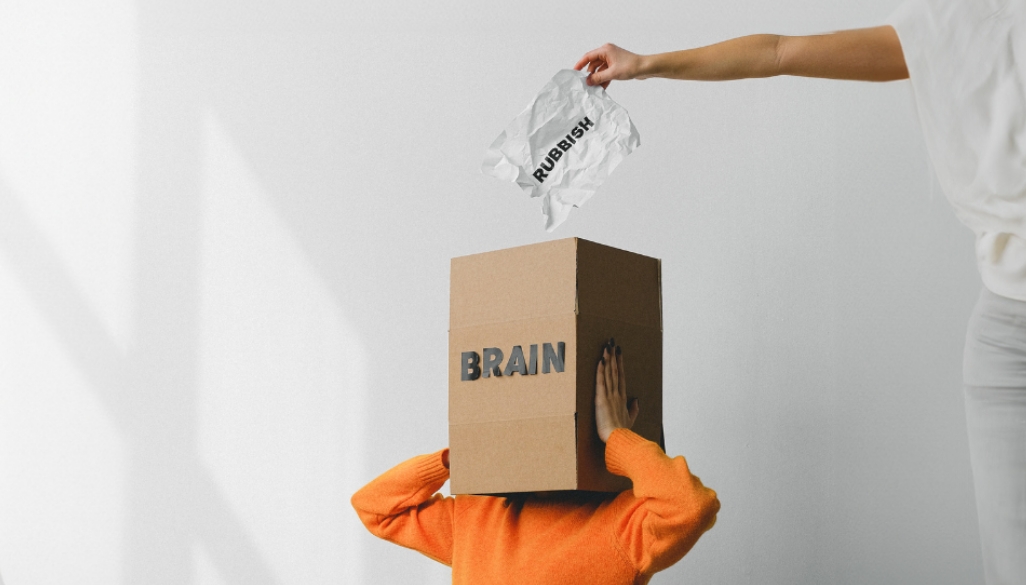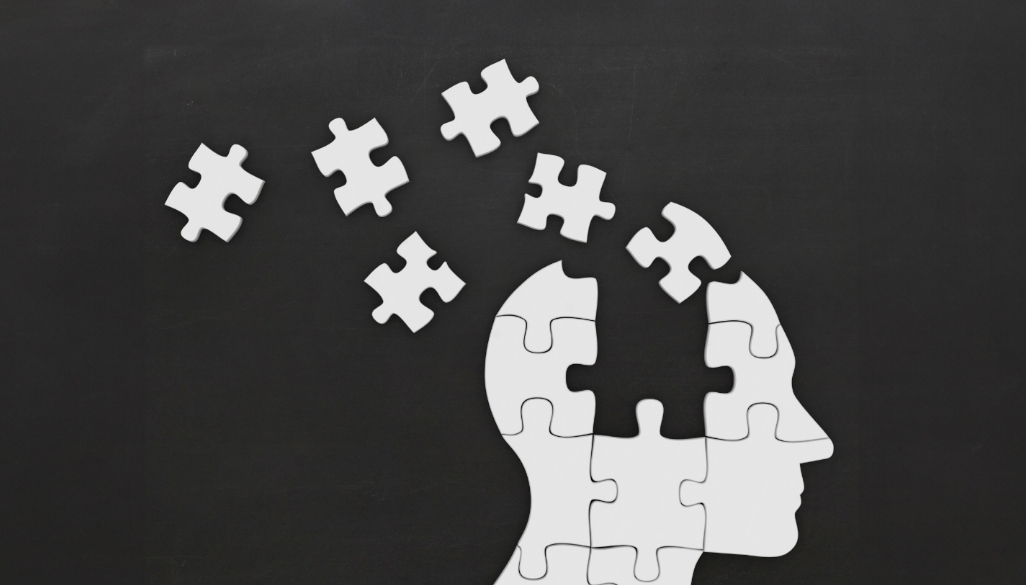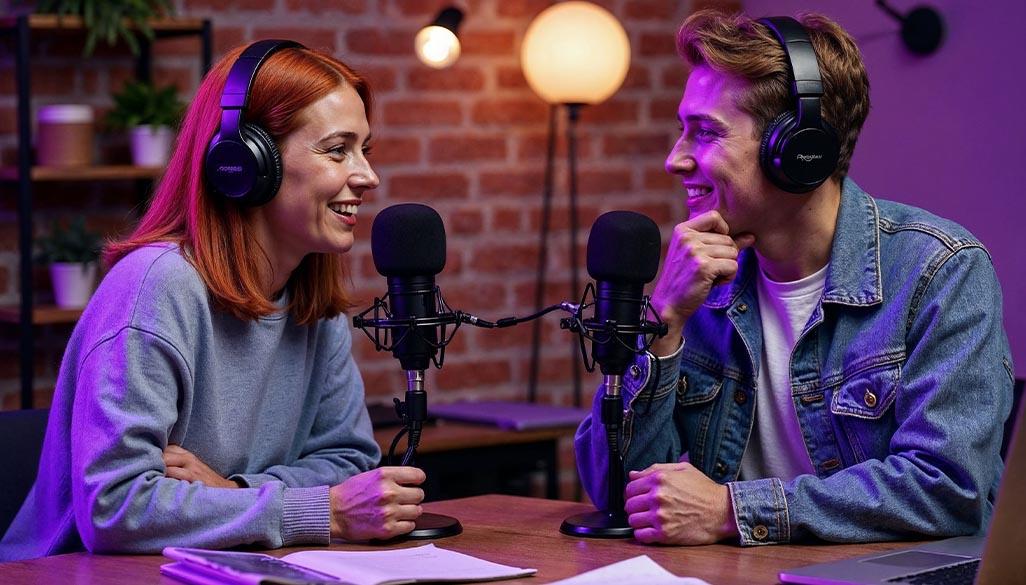Don’t Let AI Kill Your Brain
Written by Taryn de Meillon
This was probably good advice, and it was coming from an industry expert. Nonetheless, I decided to roundly ignore it. These kinds of choices don’t have to be binary. Why not do both?
So that’s what I did. I spent two months learning the ins and outs of the website backend, and I used AI to enhance the process, to make my workflow more efficient. I eventually began using ChatGPT to write code for custom CSS and HTML adjustments. Once I began implementing changes, there was a glaringly obvious benefit to this: if AI wrote code that didn’t fix the entire problem, I was able to identify the issue myself and prompt ChatGPT to improve on that specific issue. Had I not spent the time and energy learning these concepts, it would have been an endless merry-go-round trying to resolve issues, with new ones constantly popping up.

MIT recently conducted a study concluding that students who used a large language model (LLM) when writing an essay demonstrated lower memory recall and weaker brain activity compared to students who wrote an essay without using AI. This is an over-simplified explanation of the entire experiment, and to learn more, I would highly recommend reading the full MIT AI study here.
What we can gather from my own anecdote and MIT’s study is that if we begin to rely too heavily on AI to perform for us rather than use our own skills, we will lose out in two ways:
- We won’t know how to correct it when it gives us unsatisfactory results.
- We will quite literally become dumber, as our brain’s neural pathways will be less developed. Norman Doidge’s amazing book The Brain That Changes Itself explains succinctly that the brain operates on a ‘use it or lose it’ basis.












